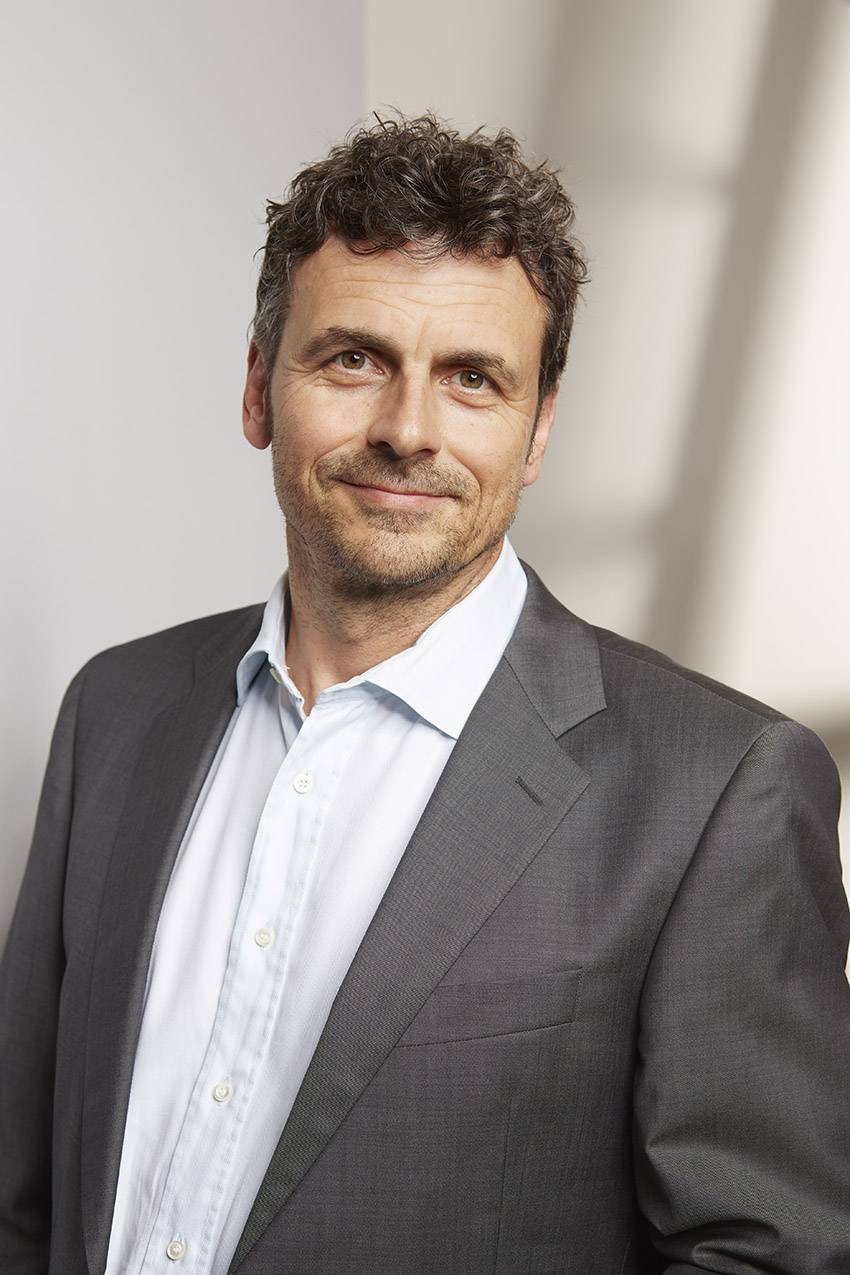Sustainable finance: The interview with Jörg Weber from ECOreporter
Bildung
Konsum
Andere
Dear climate activists, Sustainable finance is a complex issue that raises many questions, including critical ones. We think: Good information is an important contribution to more sustainability - so what could be more obvious than to ask our questions to all those who are familiar with the topic as experts? This week, Jörg Weber from ECOreporter answers our questions, and we are very happy that we could win him for this contribution! Here comes the interview!
Hello Mr. Weber, who or what is ECOreporter?
Jörg Weber: ECOreporter is a publication that has had only one topic since 1999: Sustainable investment. We live from the subscriptions of our readers. So: no dependence on financial providers, no affiliate links or similar deals, no dependence on advertisers or others - an essential prerequisite for critical financial journalism.
There are no shareholdings by or in ECOreporter - another prerequisite for independence.
Tests, analyses, warnings in the watchdog section, tips, that's the content.
Sustainable finances are, well, not on everyone's lips, but still a topic that is attracting more and more interest: More and more people would like their invested money not to be invested in climate-damaging investments.
Now the question: How do you go about this? What are the 3 most important questions you need to answer, and what short answer would you give?
Jörg Weber: The first question I would ask myself is: How much time do I want to spend on my own investments? If I want to invest a lot of time and a lot of money, then it may be worthwhile to tackle everything that has to do with investing money on my own. If I would rather delegate this task, then I would go to one of the seriously sustainable banks. For example GLS Bank, Triodos Bank or UmweltBank or one of the church banks. And please note: Church and church bank is not the same thing; the church banks do very good work.
Then I would ask myself, how long can I commit how much money and how much return do I expect? If I can live with a good two percent return per year, then I would go for a time deposit at an ethical bank and cooperative shares there. Then my money really goes into sustainable projects and not just into stock market transactions. The banks lend the money to companies and people who do something sustainable with it. Whether it's a green power plant or a kindergarten. It's hard to imagine a more sustainable impact.
Ultimately, my advice is to ask yourself: Do I really understand the financial product I'm being offered? Can I understand where my money ends up? Be critical, ask, ask, ask. Sleep on it and ask again. If annoyed or evasive answers come: say goodbye. Seek new advice. Or new product. I know that doesn't sound great. Not easy. But I believe that there are few areas of life in which you are led around by the nose more than when it comes to investing.
Does sustainable investing even exist? What about ETFs, green bonds...?
Of course, there are really sustainable investments. It's just very difficult to distinguish them from those that are just pretending. I think, for example, that only one or two percent of ETFs really offer the kind of sustainability that people who are looking for sustainability imagine.
With green bonds, it's the other way around; they're usually really sustainable. Unfortunately, you often can't invest in such bonds until you have 100,000 euros or more. That's more something for the so-called institutional investors, the big fish that is. At least the green bond market is doing well.
But there are, according to our test results, a few handfuls of truly sustainable equity funds in Germany. You can bet on them - if you want them to be funds. Incidentally, they are no worse financially than ETFs. Often even better.
How can I, as a private investor, both inform myself accurately and protect myself from greenwashing?
What can I say? Now comes the self-promotion: Read ECOreporter. Our dream: ten times as many readers. Then we could reduce the subscription price to ten percent, our journalistic work would perhaps have ten times as much sustainable impact... and our research would show more people that it really isn't too late to fight the climate catastrophe. And that there really is no lack of money, as so many would have us believe.
***
We from the climate community definitely know what we want to say, namely thank you very much for this great interview!
(Photo: Jörg Weber, Copyright: MHubert).
